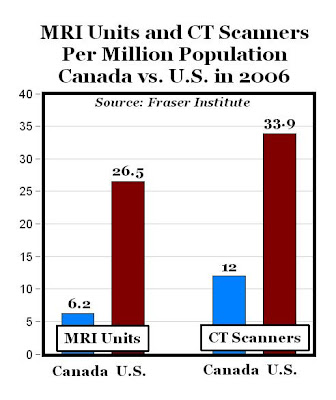As those who follow the
FCPA are already aware, Frederic Bourke, Jr. was recently found guilty by a federal jury of (among other charges) conspiracy to violate the
FCPA for his role in a scheme to bribe "foreign officials" in Azerbaijan in connection with the privatization of the State Oil Company of Azerbaijan. See
here for the
DOJ News Release.
Contrary to numerous media reports, Bourke was not on trial for "violating the
FCPA" (the original indictment against Bourke contained substantive
FCPA charges, however the superseding indictment removed the substantive
FCPA charges in favor of conspiracy charges).
Regardless, the Bourke trial was closely followed by the
FCPA bar as
FCPA trials are very rare. Because
FCPA trials are rare, so too are
FCPA jury instructions. The Bourke jury instructions (see
here) provide for an interesting, albeit frustrating, read. In instructing the jury on the conspiracy counts, the jury was instructed on the seven elements of an
FCPA violation.
"Big picture" these
FCPA instructions (which begin on Pg. 23 and which the jury was duty-bound to accept) are a mess.
The problem starts with the second element "interstate commerce" and contains a fundamental
misstatement of the law. The instructions say (on pg. 24) that a "domestic concern" (as Bourke is under
FCPA-speak) "must have intended to make use of the mails or a means or instrumentality of interstate commerce" in order to violate the
FCPA. This is the so-called "territorial" jurisdictional provision found at 78dd-2. However, the 1998
amendments to the
FCPA expanded the jurisdictional reach of the
FCPA, as applied to "domestic concerns," by adding an alternative "nationality" jurisdictional provision found at 78dd-2(i) which removes the interstate commerce / U.S. territorial nexus requirements. Thus, a "domestic concern" can be charged and found liable for a substantive
FCPA violation even if the prohibited activity took place entirely outside of the U.S. The jury instruction that the "domestic concern" "
must have intended to make use of the mails or a means or instrumentality of interstate commerce" is thus just plain wrong.
The second problem is found in what the instructions say is the fifth element of a substantive
FCPA violation - the knowledge of payment to a foreign official. The instructions say (on pg. 26-27) that a "foreign official" is: (1) an officer or employee of a foreign government; (2) any department, agency, or instrumentality of such foreign government, or (3) any person acting in an official capacity for or on behalf of such government or department, agency, or instrumentality. So far so good as the instruction merely tracks the language of 78dd-2(h)(2). The problem is the next sentence of the instruction - "[a]n 'instrumentality' of a foreign government
includes government-owned or government-controlled companies" (see pg. 27).
Where did that come from? Certainly not the text of the
FCPA, as the statute does not define the term "instrumentality." While it is true the the Department of Justice and the Securities and Exchange Commission take the position that government-owned or government-controlled companies are "
instrumentalities" of a foreign government and that all employees of such companies (regardless of rank or title) are thus "foreign officials" under the
FCPA, this is an
unchallenged and untested legal theory.
As I am exploring in a current work-in-progress,
DOJ/
SEC's aggressive interpretation of the "foreign official" element - to include employees of government-owned or government-controlled companies - is ripe for challenge in that it is, among other things, not supported by the
FCPA's extensive legislative history and is undermined by reference to other U.S. statutes which cover foreign or domestic government
instrumentalities. Another way to look at it is this way - if the
DOJ/
SEC's interpretation were to be applied in an intellectually honest fashion, would not all GM or
AIG employees be considered U.S. "foreign officials" because the U.S. government owns or controls those companies?
A further problem with the instructions, is that even accepting the broadness by which the instructions define "foreign official" that term is not used consistently throughout the instructions. For instance, in discussing the sixth element of an
FCPA violation - purpose of payment, the instructions
interchangeably use the terms "foreign official" and "foreign public official." (see Pg. 28). Even more confusing is that the instructions, when discussing that solicitation of a bribe is not a defense, (see Pg. 29) say that "[i]t is not a defense that the payment was demanded by a
government official as a price for gaining entry into a market or to obtain a contract or other
beneift." Thus, literally in the span of three pages, the instructions refer to the key "foreign official" element of an
FCPA violation three different ways - "foreign official," "foreign public official," and "government official" even though the later two terms appear nowhere in the statute.
What a mess!













